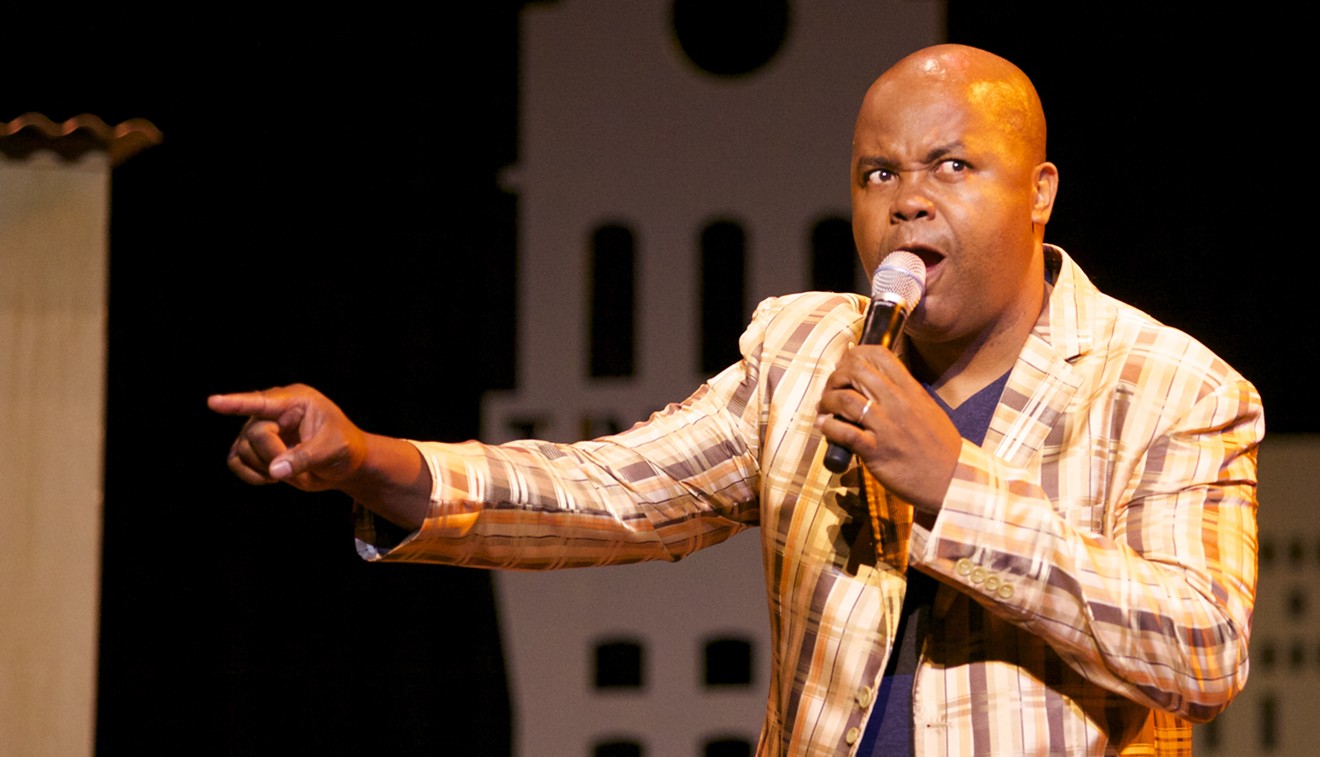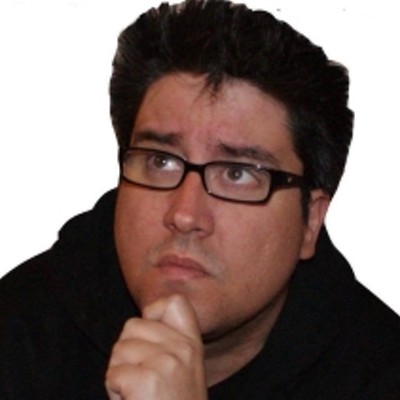Just over seven years ago, Washington was working as an executive for a nonprofit group in New York City when he won an
"Three people were left and they asked all of us to make a pilot, which I did with my buddy Mark Ristich [the co-founder and executive producer of Snap Judgment]," Washington says from the studios of WNYC in New York City. "We worked really hard for a week or so and turned it in and I was really proud of myself and happy with it."
The contest judges reviewed Washington and
"Then the contest organizer called and said, 'You've embarrassed me, you've embarrassed National Public Radio and you've embarrassed the Corporation for Public Broadcasting' and he hung up the phone," Washington says. "I didn't understand what was going on. So we had a local producer listen to it and he gave me some notes around Christmas time and if I remember correctly she said, 'You're a good storyteller but you're a crappy radio producer.'"
Washington and Ristich took those harsh but helpful notes to heart and went back and fixed his pilot. The second round of reviews earned him another chance to pitch his creation to the NPR head honchos in Washington.
"To make a long story short," Washington says, "Snap Judgment happened from that."
Now Washington has a popular public radio show, which he tours nationwide. In promos and intros for Snap Judgment, he describes the series as "stories with a beat." It features emotional tellings of true stories paired with original musical performances and compositions. Tonight at 7 p.m., Washington, a panel of gifted storytellers and a live band will visit the Majestic Theatre to re-create this experience.
"The idea was a reaction to something I didn't think was being done well in radio or the media in general," Washington says. "I have a lot of radio heroes, but whenever I heard a story about a community I knew anything about, it was always offbeat and weird and seemed like it was being recorded from someone who dropped in from Mars and felt distant from the subject of their stories, and the journalists in them were off-putting and sounded stale. I came to it as a fan. If I had my own shot at doing [these things, what would I do?] If I talked to people in marginalized communities, I would not try to translate it. America is smart enough to understand its own America."
Washington got the idea for Snap Judgment while watching an episode of Crossfire, CNN's left vs. right TV shoutfest, which was canceled, revived and canceled again in 2014. Washington says the endless back and forth between opposing political voices made him realize that the news media was failing to inspire people to do anything except scream about the issues.
"It was two jackasses braying at each other about whatever it was and no one's mind was being changed about anything, and by the time it was over, you didn't want to get up and do something," Washington says. "All I wanted to do was take a shower."
He says the emotion that a journalist experiences during an interview is not a bias and should be explored more in the stories they write.
"We once interviewed a same-sex couple who told me about how their twins who were in a foster adoption program were taken from them because their biological grandmother didn't appreciate their gayness, and we talked about the loss they experienced after raising them for that year and a half," Washington says. "We cried together around their kitchen table. I didn't want to have to maintain any distance from this real life story they were sharing with me and, in a way, sharing with everyone else. I wanted to feel what they were going through, and I wanted to understand it."
Washington says there are times when remaining at a distance is important in journalism, but wishes there was more emotional storytelling that showcases the effects on people of the policies and issues that dominate the 24-hour news cycle.
"I think that the ecosystem of media has to be rich enough to let reporters do their thing, but let's get some storytellers who do their thing who are getting
Washington says he also tries to hold himself to the same standard of unabashed and unvarnished truth, whether he's telling a very personal story while sitting behind a microphone or standing in front of a sold-out theater with a live band providing a unique backup beat to his tale.
"The best stories from Snap Judgment are born of going against talking about something that you're afraid of telling," he says. "These stories are about picking at scabs and trying to understand your frailties better. When I tell a story, sometimes I recoil away from telling the truer version because I want to be looked at as heroic or better than I am, or I don't want to reveal secrets to the world or even to myself. I've known this and I still make the same error, but once I find the spot that I'm recoiling away from, the likelihood is that the story is right there."
Snap Judgment Live! starts at 8 p.m. at the Majestic Theatre, 1925 Elm St. Tickets are $35 to $45 at ATTPAC.org.












